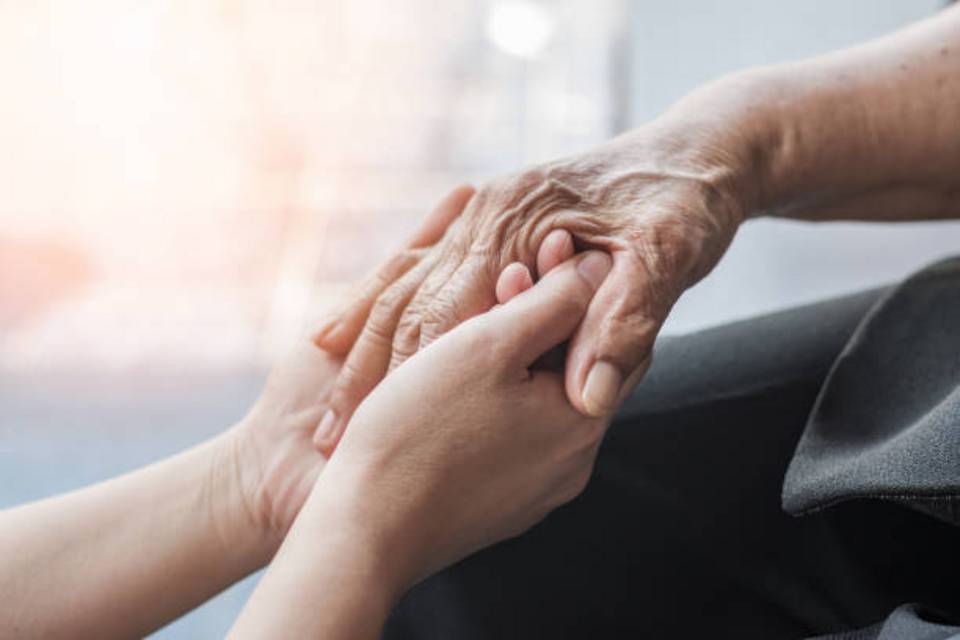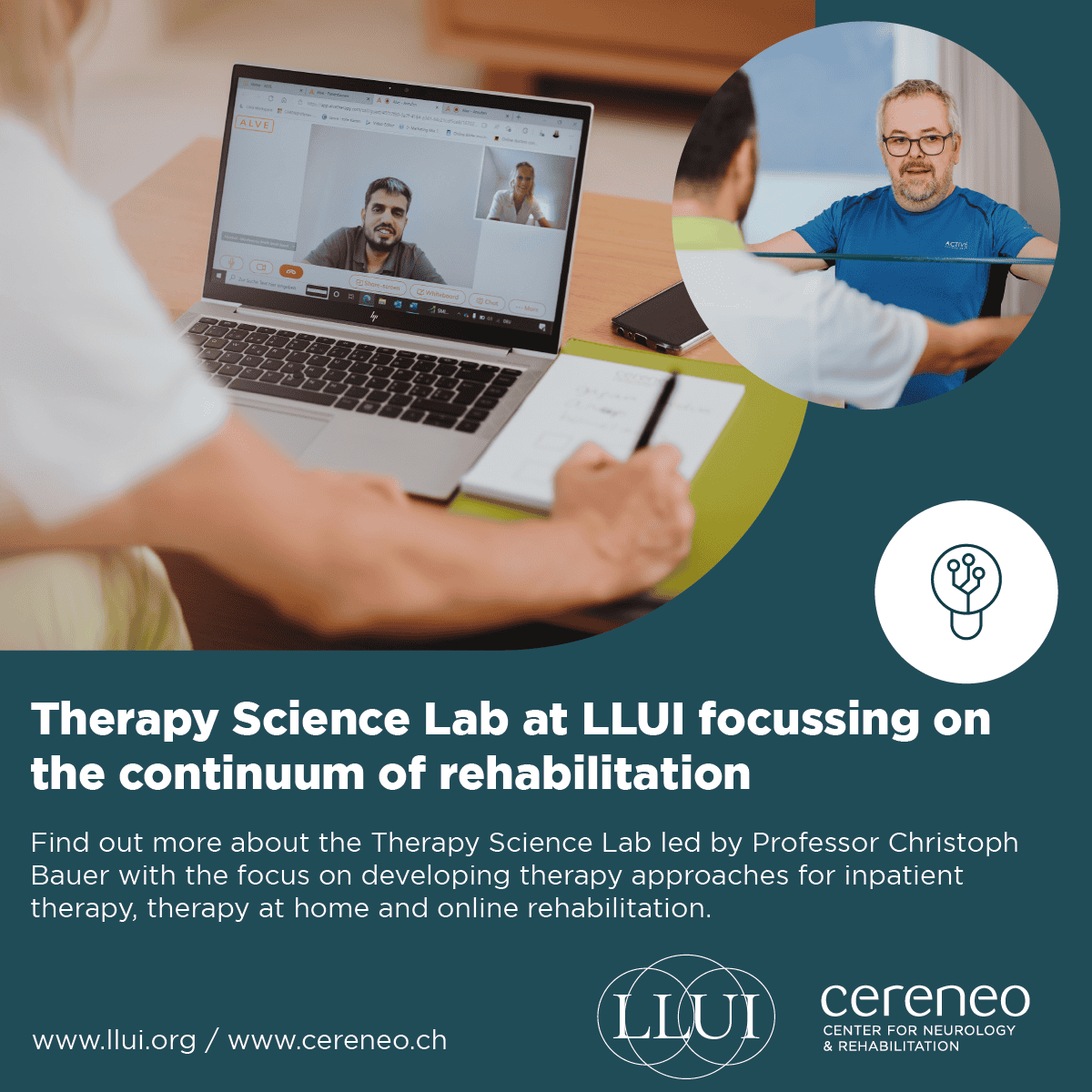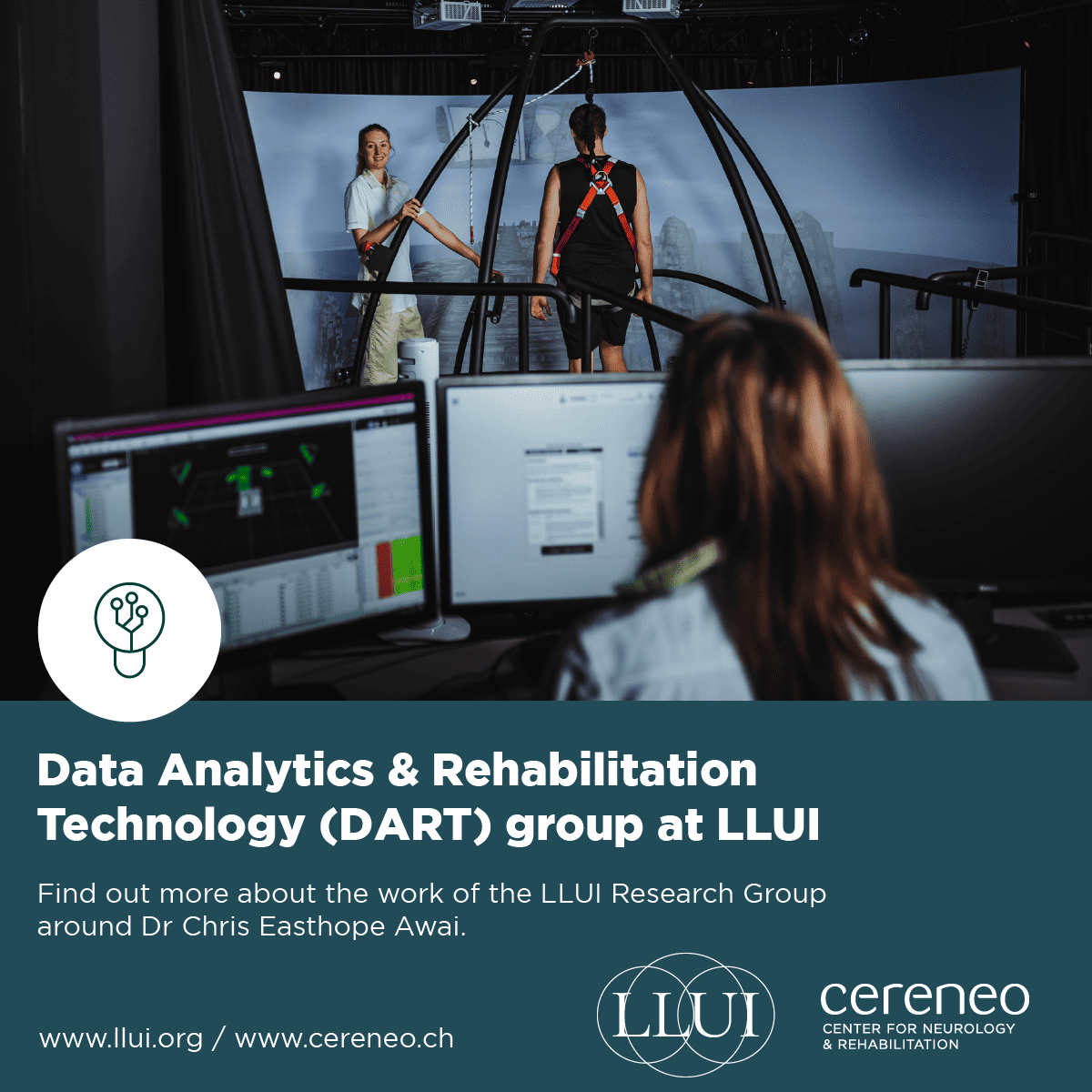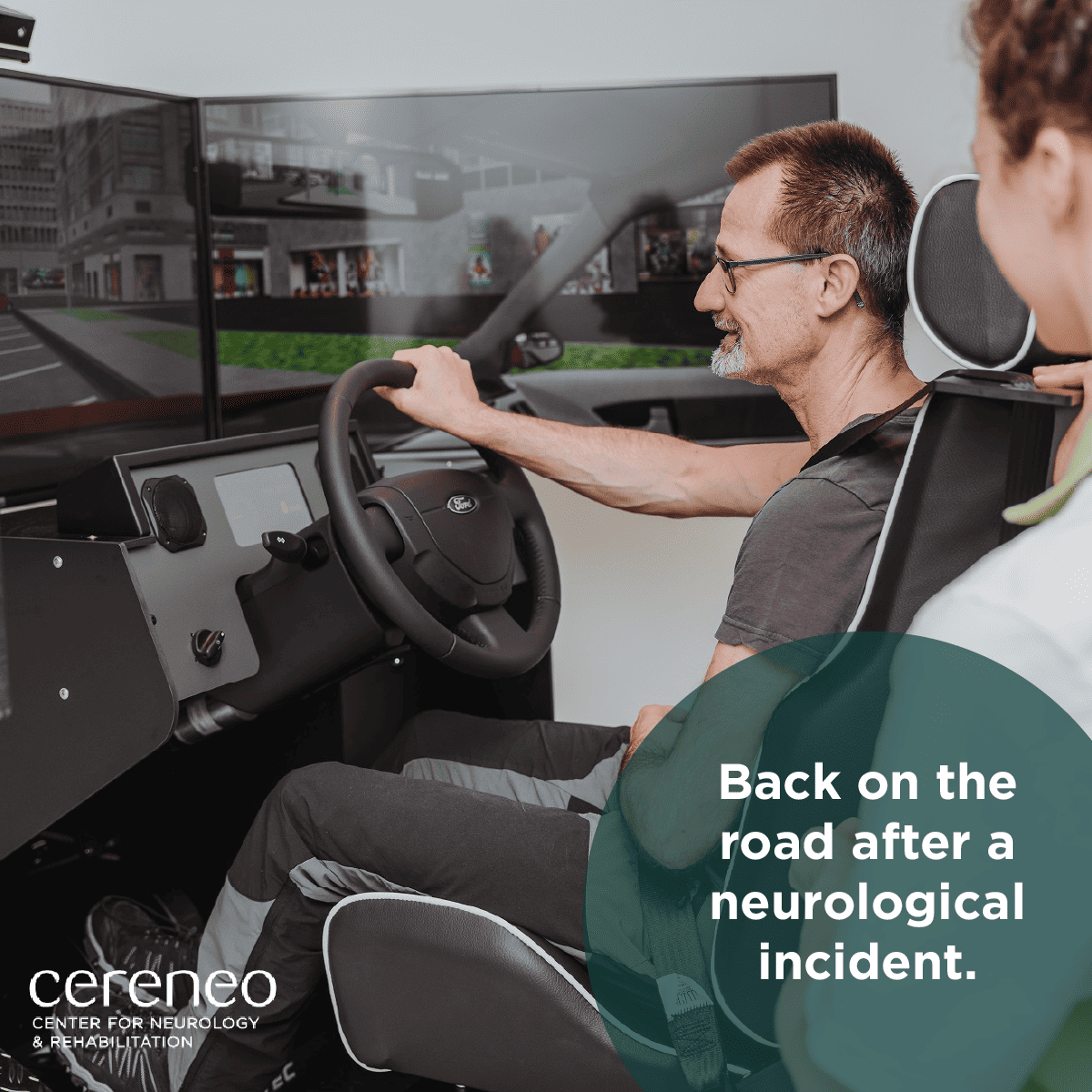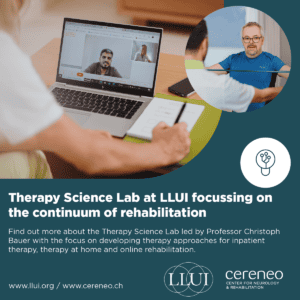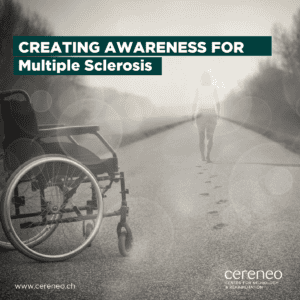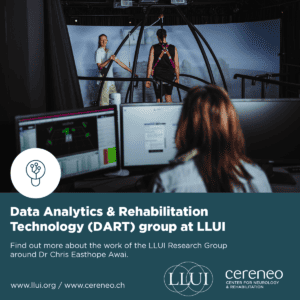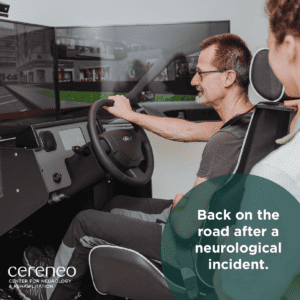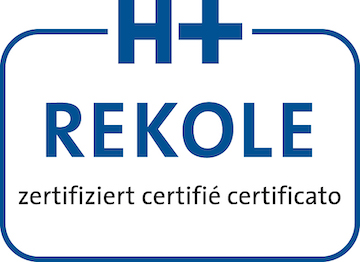Prof. Dr. Baumann is senior physician at the Department of Neurology at the University Hospital Zurich, specialising in Parkinson’s disease, movement disorders and sleep medicine. As part of our cooperation in the field of Parkinson’s with the USZ, we were able to ask Prof. Dr. Baumann a number of questions:
1. If I have the feeling a family member might have Parkinson’s, but do not want to worry the person, how can I check my suspicion?
The suspected diagnosis of Parkinson’s disease worries both patients and relatives, and therefore, in my experience, it makes sense to face the question concretely and consult a neurologist. This can prevent a diffuse fear from settling in, which is usually much more stressful for the patients than a clear fact. If the suspicion is confirmed, an explanatory consultation can take place and appropriate measures can be initiated. However, especially in the early stages, it is not always easy to make a diagnosis with a high degree of probability. A certain amount of uncertainty may remain, but specialist medical support will help in any case.
2. When should I contact the University Hospital Zurich if I suspect Parkinson’s?
For this reason, my recommendation is that if you suspect Parkinson’s disease, you should be referred by your family doctor to a neurologist or to us at the University Hospital. Parkinson’s disease is a chronic disease with many facets and should be clarified by a specialist.
3. Why is there no cure for Parkinson’s disease, even though it has been known for so long?
We still do not know the exact cause of Parkinson’s disease. We know that misfolded proteins are deposited in the brain and lead to premature nerve cell death, but it is still unknown how this happens and whether other processes play a role. Today’s research is accordingly attempting in countless studies and with various approaches to slow down or prevent this protein deposition. The breakthrough has not yet been achieved — and it remains to be seen whether this reduction in protein deposition will lead to the desired clinical outcome.
4. Are there any current research or studies at the USZ for innovative treatments for Parkinson’s?
Indeed, we are also involved in this search for a treatment that has a favourable influence on the course of the disease. A large number of studies from the Alzheimer’s field have shown that deep sleep possibly reduces the deposition of pathological proteins in the brain. Our group has made a similar finding for Parkinson’s disease based on observations in humans and animals. Accordingly, we are trying to understand this relationship even better in the preclinical phase, i.e. in animal models, and in humans we are working on a solution to achieve a corresponding effect with deep sleep deepening without medication.
5. Can preventive measures be taken to avoid Parkinson’s disease?
Unfortunately, there are no preventive measures. However, it is possible that a healthy lifestyle with enough exercise, good deep sleep and a healthy, perhaps low-meat diet can help to reduce the risk of Parkinson’s disease somewhat. But this has not been proven.
6. According to the current state of knowledge, what is the optimal treatment for a Parkinson’s patient (including rehabilitation)? What treatment options does the USZ offer?
The optimal treatment always depends on the individual patient. This is the principle of personalised medicine. At the USZ we are fortunate to be able to offer all approved and relevant treatments. These include medication, surgical procedures such as deep brain stimulation or focused ultrasound, pump therapies, but also physiotherapy, occupational therapy and speech therapy. However, the choice of treatment depends on the nature of the disease, the symptoms, the environment and the preferences of each patient.
7. What role does rehabilitation play after Parkinson’s treatment in the USZ and what opportunities do you see in the collaboration with cereneo?
Rehabilitation is crucial for many Parkinson’s patients. Rehabilitation plays an important role after a new treatment, for example deep brain stimulation, so that the treated patients can return to their normal lives with optimal conditions. But rehabilitative measures are also important for patients with advanced Parkinson’s and, for example, a balance or walking disorder. Such measures are available at the cereneo clinic, which is why the clinic with its special knowledge in the field of Parkinson’s is an important partner for us and our patients. However, it is also crucial that patients can continue to exercise and receive physio and other therapies after returning home.
